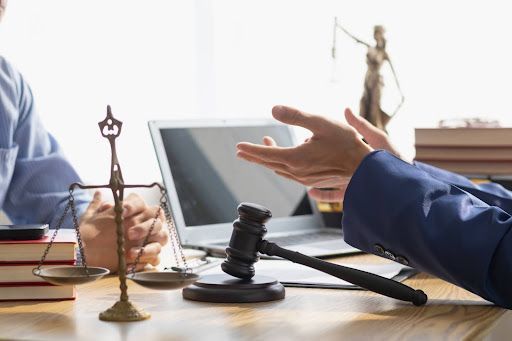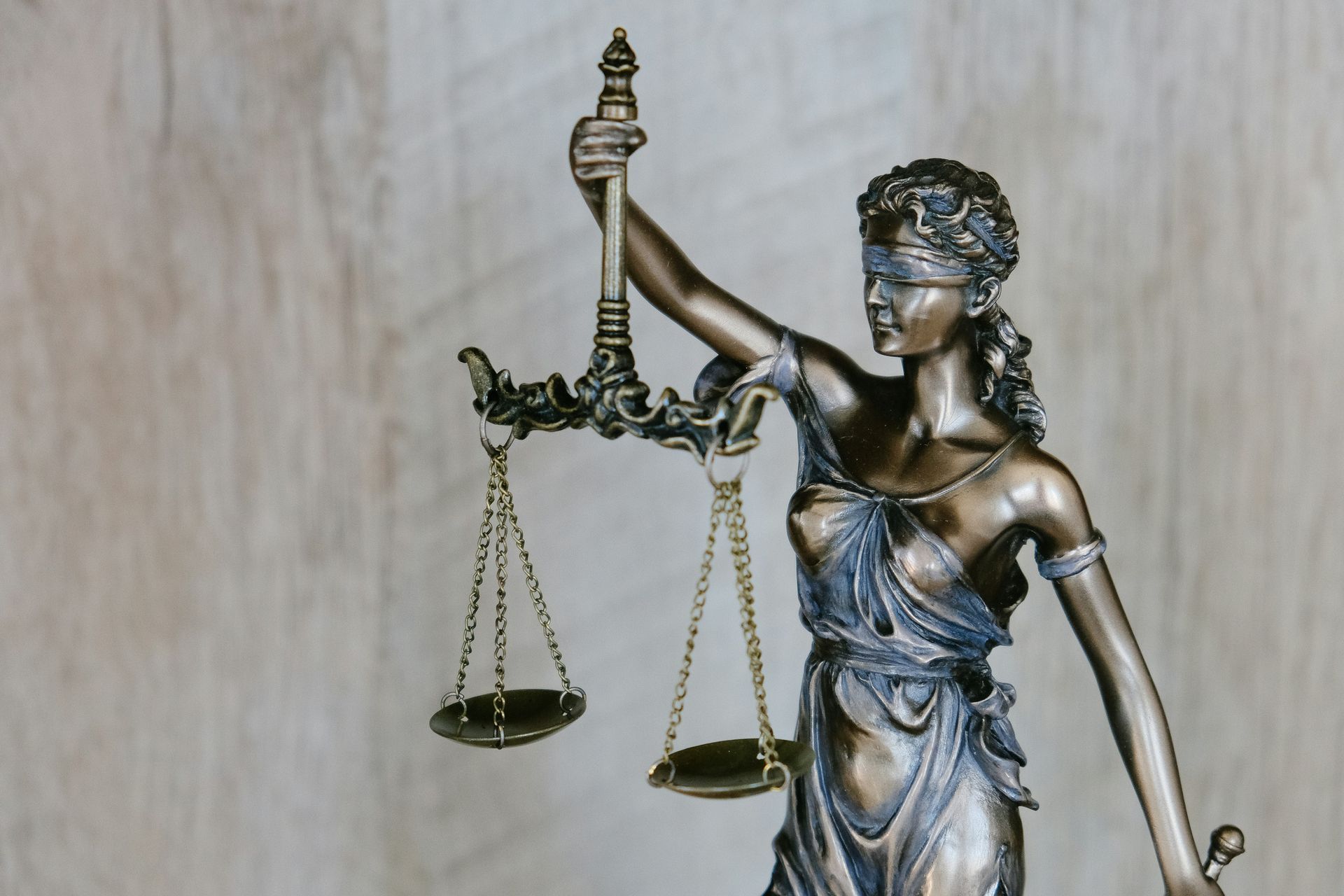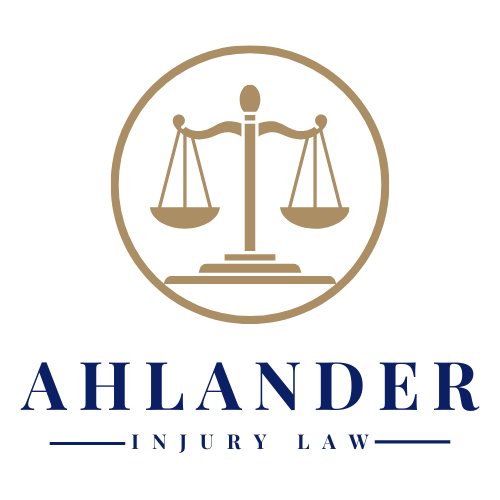Evidence is Key: Compiling Documentation After an Injury
When you're hurt, keeping track of what happened and gathering proof can make a big difference. It's like putting together pieces of a puzzle that show the full picture of your injury. This means writing down details, getting photos or videos if you can, and holding on to any papers that talk about your injury. Doing all this helps you tell your story clearly if you need to ask for help from insurance or even in court.
The Role of Documentation in Personal Injury Cases
For anyone in Las Vegas, North Las Vegas or Henderson who has suffered an injury due to another's negligence, understanding the crucial role of documentation cannot be overstated. It's the cornerstone upon which personal injury cases are built. Compiling the right documentation is not just a step in the process; it's a strategic action that can catapult a claim from the gray area of uncertainty into the clear light of indisputable fact.
Documentation serves as the foundation for the burden of proof, demonstrating the extent of an injury and the circumstances that led to it. Not only does it substantiate your claims, but it also details the repercussions of the incident on your well-being and finances. Solid evidence can be the deciding factor in successful compensation claims, especially considering the hurdle of dealing with insurance companies that may employ strategies to lessen their payout.
Types of Documentation to Gather After an Injury
The most indisputable form of evidence in a personal injury case stems from your medical records. These documents provide a comprehensive portrayal of the injuries sustained, treatments received, and the potential for long-term repercussions. Essential records include hospital admission charts, doctor's notes, treatment plans, diagnostic images, and a detailed account of any follow-up care.
The detailed medical evaluations contained within these records illustrate the severity of your situation to insurers and juries. To request your medical records, patients should reach out to their healthcare providers or use authorized request forms, ensuring compliance with privacy laws.
Here's how you can request your records, according to the U.S. Department of Health & Human Services.
Photographic Evidence
In the age of smartphones, capturing photographic evidence has become one of the simplest yet most powerful ways of documenting an injury. Detailed, time stamped photos can tell the story of the accident and its immediate aftermath, offering visual proof that can make it difficult for the responsible party to dispute the facts.
When taking pictures, it is critical to document not only the injuries but also the location, any hazards or defects that led to the incident, and the overall scene. These images can prove invaluable when reconstructing the events that led to the injury.
Witness Statements
If there were people who witnessed the incident, their impartial accounts could be pivotal. Witnesses can corroborate your version of events, providing additional perspectives that may uncover new details or affirm contested aspects of the incident.
To ensure that these statements are impactful, it’s important to collect contact information from witnesses and, if possible, obtain a written account of what they saw as soon as possible after the event. Their observations can help paint a clearer picture, emphasizing the negligence that led to your injury.
Official Reports
For incidents such as traffic accidents or injuries on public property, obtaining a copy of the police or incident report is crucial. These reports are official accounts that detail the response of law enforcement or managing authorities to the event.
In Las Vegas, North Las Vegas and Henderson, official reports can typically be obtained through the responding law enforcement agency or the premises management. It's important to request these documents promptly, as they can be a linchpin in establishing the facts surrounding the injury.
Financial Documentation
An injury can wreak havoc on your financial stability, especially if you find yourself temporarily unable to work or facing continuous medical expenses. Hence, financial documentation becomes indispensable. Keeping meticulous records of lost wages, invoices for medical treatments, and receipts for any injury-related expenses is vital for compensation claims.
These documents clearly outline the economic impact the injury has had on your life, reinforcing the argument for compensation that accounts for both tangible and intangible damages.
Collecting and preserving these various types of evidence can be daunting for anyone, particularly so for those amid recovery. Their importance cannot be understated—for residents of Las Vegas, North Las Vegas and Henderson navigating the complexities of personal injury claims, they form the very backbone of a case, turning personal testimonials into provable facts.
Practical Tips for Compiling and Preserving Evidence
Gathering evidence in the immediate aftermath of an injury can seem overwhelming, especially when you are focused on your recovery. Nonetheless, timely action is essential. Evidence can be fleeting, and the sooner you act, the better your chances of securing the documentation necessary to support your claim.
Begin by organizing your documents and information; create a dedicated file for all your medical records, receipts, and correspondences related to the incident. This organized approach not only helps you keep track of important details but also ensures that nothing crucial is overlooked or lost.
Preserving evidence is just as important as collecting it. Keeping both digital and physical copies of all records can prevent complications that might arise from misplaced or damaged materials. If you have digital photos or e-mails, backup these files in multiple locations. For hard copies, store them in a safe, accessible place.
Navigating Legal Requirements and Privacy Laws
When dealing with medical documentation, understanding laws such as the Health Insurance Portability and Accountability Act (HIPAA) is crucial. It's important to ensure that while you collect your medical evidence, you protect your privacy and comply with all relevant regulations. These laws are designed to safeguard your medical information, and breaching them can not only jeopardize your privacy but also potentially affect the admissibility of your evidence.
Legal considerations extend to how you obtain witness statements and reports as well. For instance, recording a conversation without consent can have legal repercussions. To learn more about these requirements, it is advisable to
review the legal considerations when collecting evidence.
Impact of Evidence on Settlement Negotiations
When it comes time to negotiate with insurance companies, comprehensive documentation of your injury can be decisive. Settlement offers are often directly influenced by the quality and quantity of evidence you can present. Detailed medical records, photos, and eyewitness testimonies can give you leverage, demonstrating to insurers the extent of their liability and your preparedness to pursue full compensation for your injuries.
Evidence also plays a key role during litigation and trials. In court, it's not just about what happened—it's about what you can prove. Properly documented and preserved evidence stands as a testament to your experience and provides a factual basis for your claims, making it indispensable for a successful legal outcome.
Seeking Professional Assistance
While personal injury law allows for self-representation, the process can be complex and rife with pitfalls. This is where consulting with a personal injury attorney becomes advantageous. Legal professionals not only offer guidance on evidence collection but can also handle communications with insurers and the opposing counsel, ensuring that your rights are fiercely protected throughout the process.
For residents of Las Vegas, North Las Vegas and Henderson, engaging an attorney familiar with Nevada's specific legal landscape is invaluable. They can provide insight into local court procedures, negotiate effectively on your behalf, and relieve the burden of legal complexities during a challenging time.
The role of a skilled attorney goes beyond legal advice; they become your advocate, your voice in negotiations, and your ally in the quest for justice and restitution. Professional representation can make a substantial difference in the outcome of complex personal injury cases, empowering you to focus on what matters most—your recovery and well-being.
To conclude the evidence compilation process is a meticulous but essential aspect of laying the groundwork for a successful personal injury claim. With the right approach to collecting and safeguarding documentation, paired with professional legal support, injured parties in Las Vegas and Spring Valley stand a strong chance of obtaining the compensation they rightfully deserve.
Collecting and compiling evidence following an injury is a critical practice that strengthens your personal injury claim. Those residing in Las Vegas, North Las Vegas and Henderson, with their distinct legal landscape, should always keep in mind that evidence serves as the unwavering voice of truth within the legal system. Through meticulous documentation, the complexities of an injury and the subsequent claim become clearer, paving the way for rightful restitution.
To those facing the turbulent aftermath of an injury, being proactive in evidence collection is essential. With each piece of documentation, you are building a robust case that can stand up to scrutiny from insurance companies and defense attorneys. The act of compiling evidence is not just for legal professionals—it is a powerful step that injured individuals can take to ensure their story is heard and validated in the legal arena.
The integrity of your claim often hinges on the quality and comprehensiveness of the evidence you present. Painstakingly preserving every detail related to your injury, from medical records to physical evidence, creates an indelible record that substantiates your experience. It's about more than just building a case; it's about advocating for the justice and compensation you are due.
If you or someone you care about has recently sustained an injury, building a strong evidence base is crucial for any potential claims.
Contact Ahlander Injury Law today to schedule a consultation and discuss your case.





